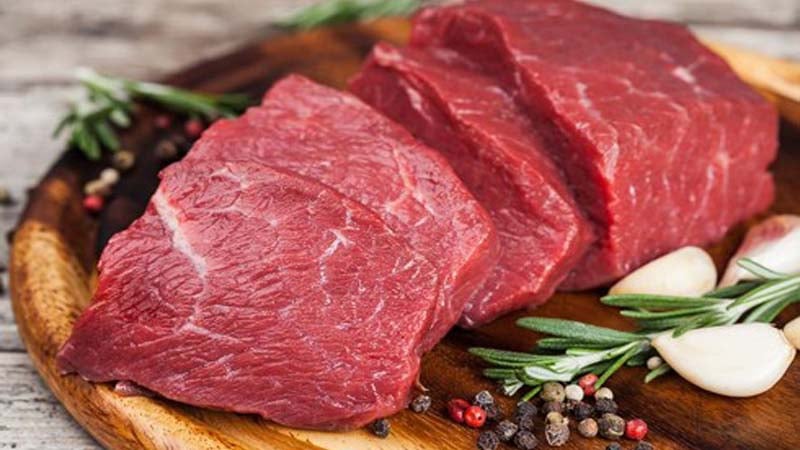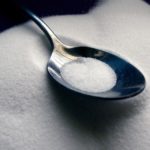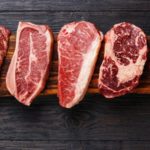Salted meat
According to experts, at the top of the list of foods that are harmful to bones and “drain” calcium are foods high in salt, as they overload the body with sodium. Therefore, people should not consume too much salted or fast food.
According to experts, the more salt you consume, the more calcium you lose. “Salt is known to be able to cause excessive calcium excretion through the kidneys,” Dr. Felicia Cosman – an endocrinologist, clinical professor of medicine at Columbia University in New York, and spokesperson for the National Osteoporosis Foundation in the United States, said.
Specifically, foods high in salt do not provide calcium, vitamin D, and potassium to help maintain bone mass but overload sodium in the blood, depleting important minerals for bone health. Since both sodium and calcium are stored in bones, studies have shown that consuming too much sodium can increase the excretion of calcium through urine and reduce bone mineral density.

Red meat
Red meat is a familiar food that many people love. Red meat includes meats such as beef, pork, and buffalo… which are our everyday familiar dishes. But few know that if you eat too much red meat, it can cause chronic inflammation and directly contribute to bone loss. One of the causes of inflammation is the consumption of high-fat foods and protein-rich meats such as steaks, ribs, and processed meats.
According to a study, people who eat a lot of meat and animal protein tend to have lower bone density than those who eat a more plant-based diet. On the other hand, eating more plant-based foods can help control systemic inflammation and other signs of aging.
According to nutritionists, we should not eat too much red meat as it can also deplete calcium from our bones. Therefore, if you have osteoporosis or weak bones, you should limit consumption of red meat to no more than 2 times a week, with each meal not exceeding 150g.

Carbonated drinks, caffeine
Carbonated drinks, sugary drinks, and caffeine are foods that cause bone loss in humans. The reason is that they contain phosphoric acid and other components that can inhibit calcium absorption. This leads to an imbalance in the calcium-phosphorus ratio and a decrease in bone mineral density.
According to experts, it has been proven that consuming 100mg of caffeine per day can cause a loss of about 6mg of calcium. In particular, when combined with sugary foods, caffeine can also have a greater impact on the bone health of postmenopausal women. Therefore, people should limit the consumption of sugary, carbonated, and caffeinated beverages to avoid bone loss.





































